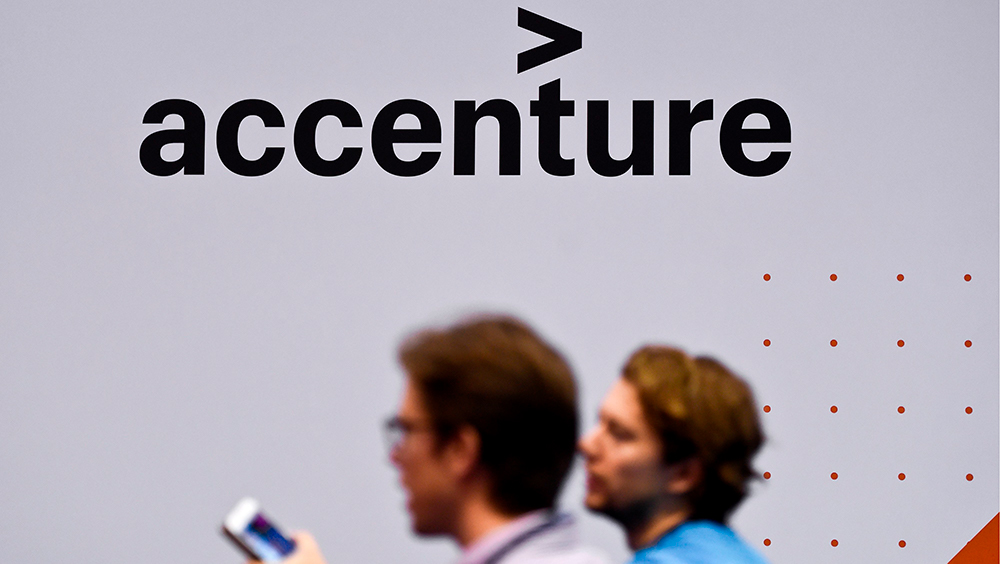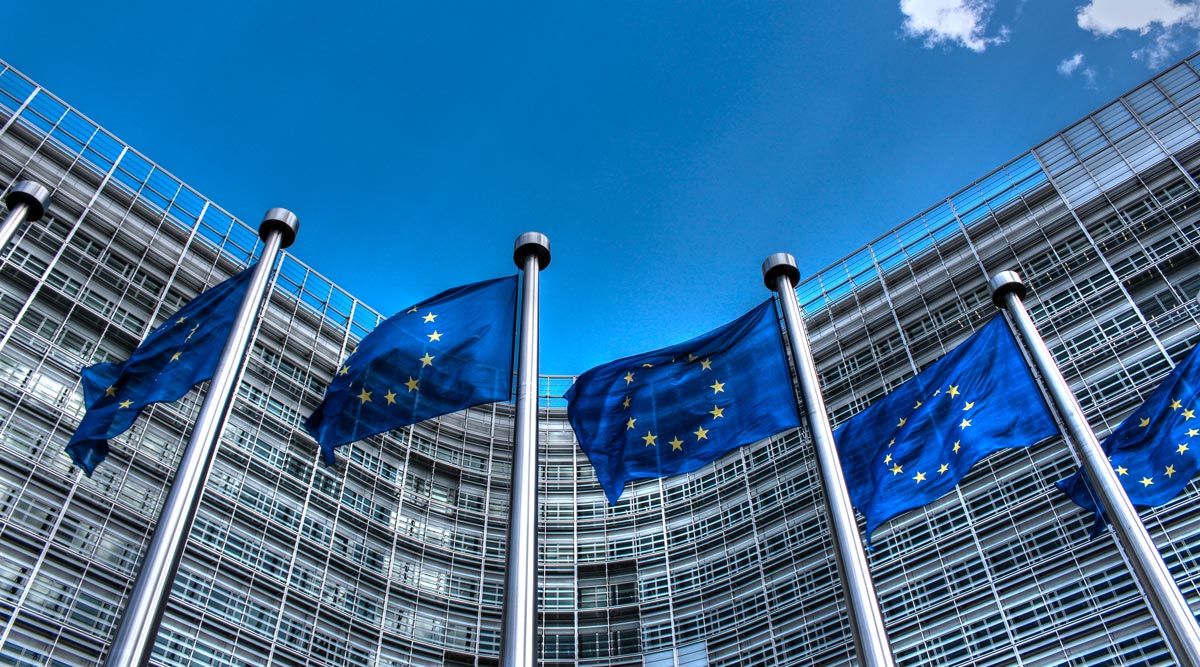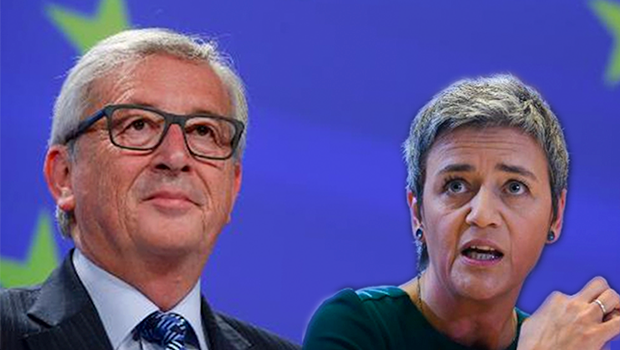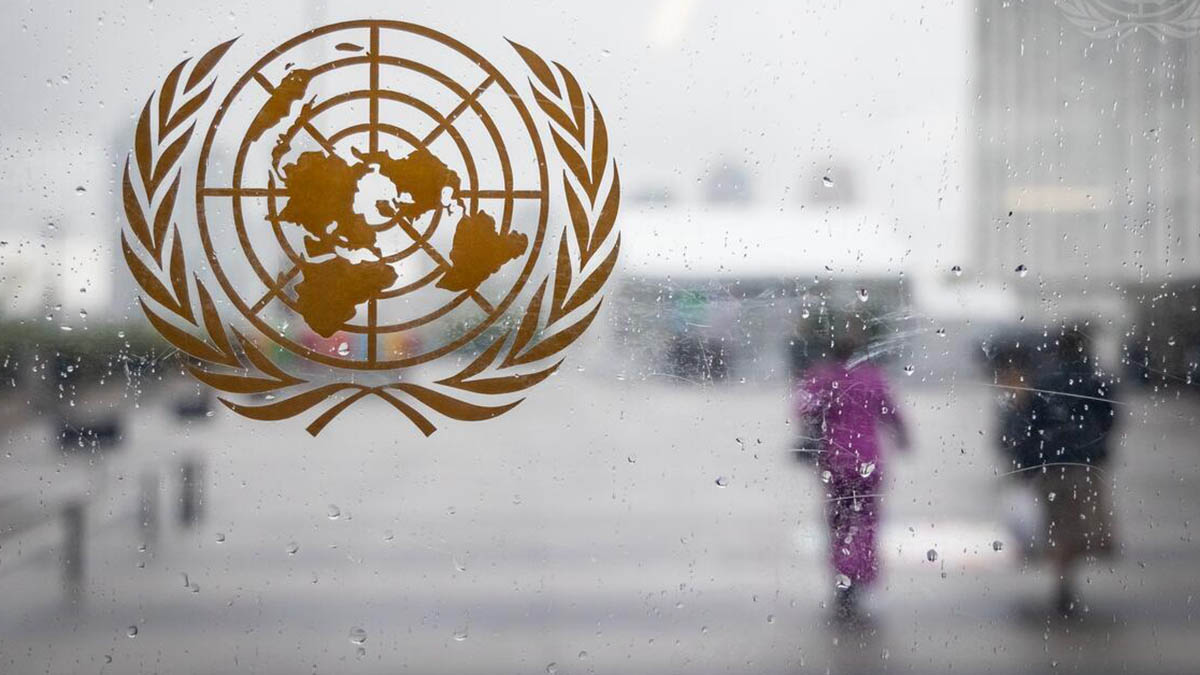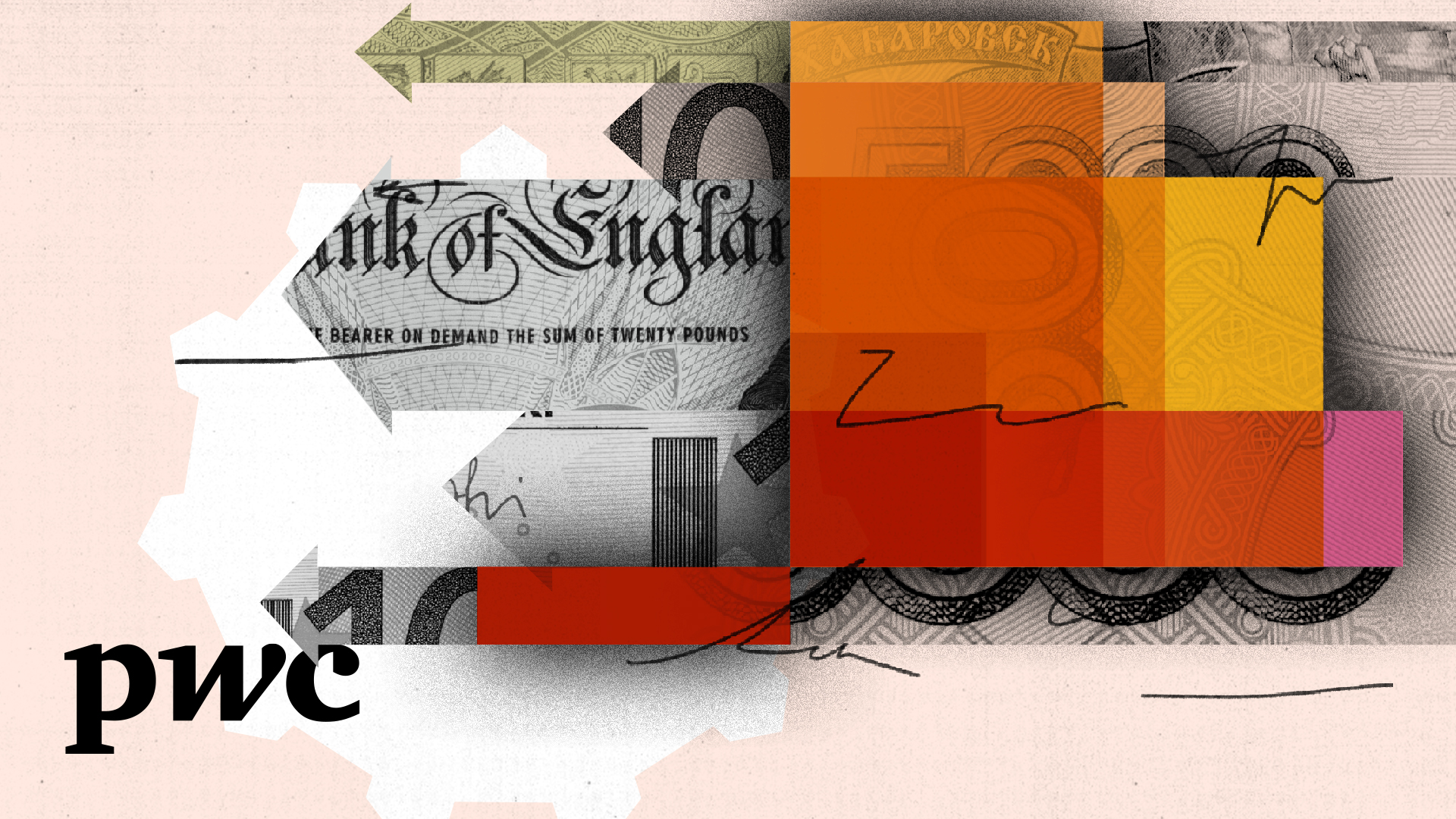The European Commission has opened an investigation into one of the 546 secret Luxembourg tax deals exposed by the International Consortium of Investigative Journalists’ Lux Leaks project almost five years ago.
In a statement, the Commission said it suspected three tax deals — known as “tax rulings” — which Luxembourg gave to Finnish packaging group Huhtamäki offered such significant and preferential tax savings that they amounted to illegal state aid.
The first of three Huhtamäki rulings under investigation, secured with the help of tax advisers from PriceWaterhouseCoopers, was one of many leaked documents published by ICIJ in 2014 as part of its Lux Leaks project. It featured in the reporting of ICIJ’s Finnish media partner YLE.
The probe into Huhtamäki’s tax affairs is the second in three months that the Commission has opened following reporting from ICIJ and its partners. In January, investigators said they had started to look into the tax arrangements of Nike in the Netherlands, based on ICIJ’s Paradise Papers investigation.
ICIJ’s Lux Leaks reporting revealed how some of the world’s largest corporations — among them Disney, Skype, GlaxoSmithKline, Koch Industries and Black & Decker — cycled billions of dollars through Luxembourg to avoid large amounts of tax in Europe and elsewhere.
All Lux Leaks rulings were agreed while Jean-Claude Juncker served as prime minister of Luxembourg. He is now president of the European Commission.

When Lux Leaks first made headlines, Juncker admitted playing an active role in courting multinationals in the hope of persuading them to base certain operations in Luxembourg. But he claimed this was common practice and said that ICIJ and its partners had exposed nothing illegal.
“Fiscal law was always respected. No illegal practice is known to me,” Juncker told the European parliament. He accused ICIJ’s media partners of asking “offensive questions”, telling reporters: “Everything that was done was in compliance with national legislation and international rules that apply.”
The investigation into the tax dealings of Huhtamäki is the first time the European Union’s competition commissioner Margrethe Vestager has indicated she thinks any of the Lux Leaks deals broke EU state aid laws.
Huhtamäki is a €3.4 billion ($3.81 billion) company which makes packaging such as egg boxes, toothpaste tubes and paper coffee cups.
Secret rulings it received from the Luxembourg tax office date back to 2009, 2012 and 2013 but lasted for many years after. They concerned interest-free loans advanced from one of the multinational’s subsidiary companies in Ireland to another, based in Luxembourg.
The Luxembourg tax office agreed to grant the local subsidiary company a regular tax deduction as if it had paid interest on the loan, even though no interest payment was made.
In its statement, Vestager’s department accused Luxembourg of allowing tax deductions for “fictitious interest payments”. It added: “At this stage, the Commission has doubts that this tax treatment, as endorsed in the Luxembourg tax rulings, can be justified.”
If the Commission’s investigation confirms that the Huhtamäki tax rulings provided tax favors to the Finnish multinational, then the agreements will be unwound and Huhtamäki will be required to make up years of tax underpayment. Under EU competition law, it is illegal for member states to give state aid to favored businesses.
Luxembourg’s Ministry of Finance said in a statement: “Luxembourg considers that it did not grant Huhtamäki state aid.”
Huhtamäki did not respond to a request for comment by the time of publication.
It is likely to be several months before competition officials reach a final conclusion.
In February, ICIJ published an article asking why Vestager — who is coming to the end of her term as a commissioner — had not opened a case involving the Lux Leaks rulings. The question was then taken up by the Taxcast, a podcast from Tax Justice Network.
Under José Manuel Barroso, Juncker’s predecessor as Commission president, the Commission opened investigations into Luxembourg tax rulings granted to Amazon and Fiat.
Later, Vestager added an investigation into the Luxembourg tax affairs of French electricity firm Engie. But she had long remained silent on Lux Leaks cases.
“We consider the Luxembourg-leaked documents as market information,” she told reporters in November 2014. “We will examine it and evaluate whether or not this will lead to the opening of new cases.”
The Commission on March 7 said that it had been in discussion with Luxembourg about tax policy reforms since 2014, resulting in changes that came into effect in 2017. Luxembourg, too, said: “significant tax law reforms have been implemented” since the Lux Leaks scandal.
Meanwhile, however, Luxembourg prosecutors have spent much of the last five years attempting to prosecute two Lux Leaks whistleblowers, former PwC workers Antoine Deltour and Raphael Halet, along with French journalist and ICIJ member Edouard Perrin.
Deltour and Perrin were eventually acquitted, but Halet’s case continues.
In court, prosecutors have argued Deltour and Halet were not true whistleblowers because their leaked information had failed to expose behavior that was illegal. That assertion has now been called into question by the opening of an investigation into the Huhtamäki tax rulings.
Update, March 12, 2019: After publication of this story, Huhtamäki sent a statement that said the company had not been contacted by the Commission but was confident it complied with all laws and regulations. It said: “The structure in question is legal and approved by tax authorities, and was not set up to gain unfair competitive advantage in Europe.”

